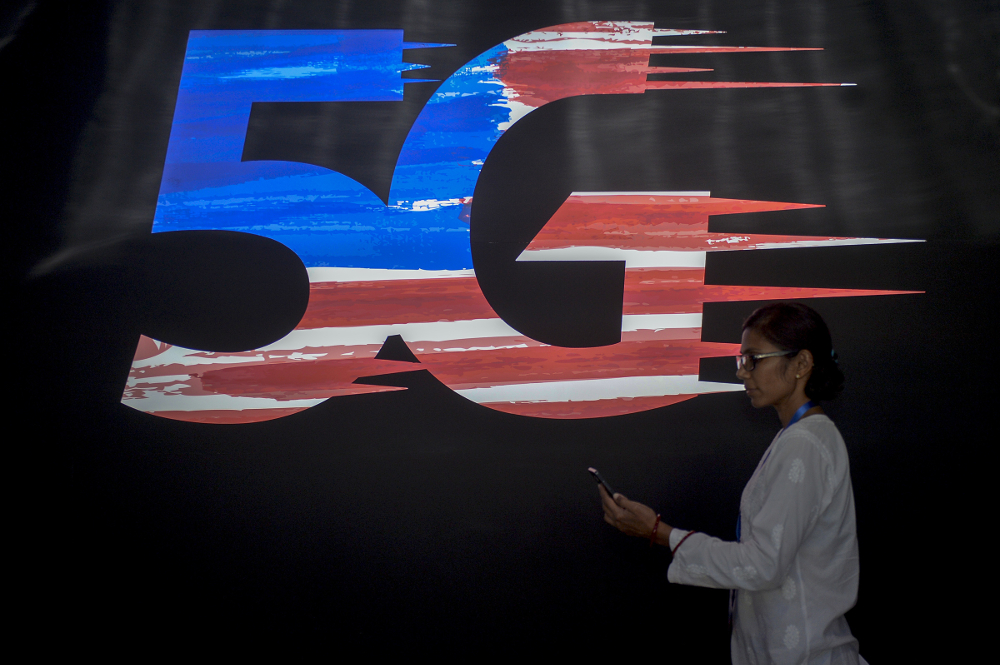KUALA LUMPUR, Feb 4 — Malaysia underwent rapid digitalisation last year due to the Covid-19 pandemic, wherein a survey by Google found that one in three Malaysians turned to digital services for the first time ever to access essential services like groceries or education.
In a podcast today called Think with Google Breakfast Series that was hosted by Marc Woo, who is the managing director of Google Malaysia — industry experts are predicting new trends that will benefit Malaysia as a whole and its rapidly growing digital economy.
CEO of Malaysia Digital Economy Corporation (MDEC), Surina Shukri, said that Malaysia can achieve great progress not just at the frontend of digitalisation, but also the middle and backend portion that could see supply chains and business processes experiencing significant innovation in the next few years.
“One challenge we face ahead of us is how quickly we can adopt at scale. We already saw that last year, Covid-19 was the push we needed and we need to continue on with the momentum and make sure that everyone is adopting digital technology.
“We need to change the mindset of ‘semua tak boleh’ back to ‘Malaysia boleh’ and then we will really see the adoption of the other facets of digital technology — and not just the front line, but digitalisation of the middle part of a business process and all the innovation that comes after,” she said.
CEO of Maxis, Gokhan Ogut, was upbeat about the new 5G spectrum and the possibilities it will bring to Malaysia, saying that it will give birth to future technologies or business solutions that no one has even dreamed of yet — such as the digitalisation of the agricultural and manufacturing sectors.
“Back in 2012, we were expecting 4G to bring higher speeds and broader bandwidths, but none of us actually expected how it really changed our lives. All the things we used to talk about in the 90s and early 2000’s were actually realised behind 4G.
“I cannot imagine the limitless possibilities of 5G that will be changing our lives behind the technology 5G will be bringing across all industries — especially the agricultural and manufacturing sectors,” he said.
Suzanne Ling, who is the co-founder of PichaEats, a social enterprise that aims to empower refugees in Malaysia via an online food catering business, said that she is optimistic digital adoption will accelerate in the future across different segments and age groups, foreseeing a whole new take on conferences, events, concerts, user experiences that would be the new growth drivers for all businesses, be it big or small.
“Last year came as a shock to us as to how fast Malaysians adopted digital technology and I would say moving forward it is going to be even faster than we expect.
“For SMEs to survive, they need to keep up with all the new technologies available to us right now and keep updated with new trends and not get left behind,” she said.
Managing Director of Grab Malaysia, Sean Goh, said that technological advancements would present Malaysians with more opportunities.
“For example, now that ride hailing is fully digital, members of our deaf community can receive commercial licences for the first time in our nation’s history — to be able to earn an income.
“Now imagine if we were a little more deliberate in making tech work for everyone, with artificial intelligence and 5G, we should have real time translation between sign and verbal language. Digital growth has this knock on effect to make change that we don’t see coming — so just imagine what we can do if we turn our mind to it,” he said.
On January 11, Prime Minister Tan Sri Muhyiddin Yassin announced that a two-week movement control order (MCO) from January 13 to January 26 would be put in place to help curb the spread of Covid-19 in the country.
The MCO has now been extended to February 18, with interstate and interdistrict travel banned for the whole of Malaysia.


















.JPG)





